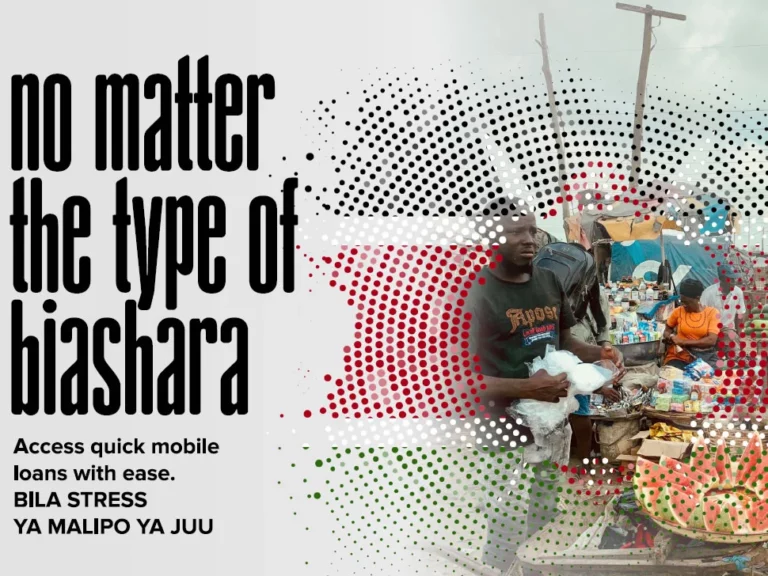Safaricom, Kenya’s largest telecommunications company, saw a surge in its stock trading volume on January 18 following a block purchase by an unknown local institutional investor. The purchase halted a slide in the company’s shares, which had hit a 69-month low, and triggered further bargain purchases.
Data from the Nairobi Securities Exchange (NSE) revealed that Safaricom’s trading volume experienced a significant increase on January 18, reaching 57.13 million, compared to the previous day’s 4.06 million. It is an unusual spike for a company that had seen low trading volumes, with many days witnessing sub-10 million trading in recent weeks. Additionally, as local investors seized the opportunity to purchase the stock, the company’s traded share volumes rose and reached 107.51 million. Market observers believe that Safaricom’s low valuation at the Nairobi bourse prompted this buying activity and led to a price appreciation.
Safaricom’s stock price hit a low point of Sh20.60 on the Wednesday of last week, causing the company’s market value to drop to Sh825.35 billion, the lowest it has been in the past 69 months. The acquisition of a large block of shares by a local institutional investor sparked further buying as investors believed the price had reached its lowest point. It led to an increase in the stock’s value, with the share price rising to Sh21.75 on Thursday and reaching Sh23 at the end of trading on Monday.
According to Kenneth Minjire, senior associate for debt and equity at AIB-AXYS Africa, the rally in Safaricom’s shares was driven by the sentiment that the stock had reached its lowest point. A local institutional investor began buying shares, prompting others to follow suit, increasing the stock’s value. The telco’s daily turnover experienced a notable increase, going from Sh86 million on Tuesday of last week to Sh1.18 billion the following day before reaching Sh2.2 billion on Thursday. The boost in trading activity was a contributing factor to this growth.
Over the last three days, Safaricom’s valuation has seen an increase of Sh96.16 billion, reaching Sh921.51 billion, representing 47.1% of the NSE’s combined market value of Sh1.957 trillion. In May 2021, the company’s share of combined investor wealth at the NSE reached a high of 63%, making it challenging for investors to assess the bourse’s performance accurately.
For 17 months, Safaricom’s share price had decreased significantly, resulting in a loss of Sh975.6 billion. It was due to the continued exit of foreign investors, cutting the telco’s market value by more than half, compared to its value of Sh1.84 trillion on August 23, 2021, when it had reached an all-time high of Sh44.95. This decrease in value made up about 90% of the Sh1.07 trillion that the combined stocks at the NSE shed over the same period.
The telco’s share fall had suffered the worst decline (54%) on the NSE in the past 17 months, followed by Centum (48.4%) due to multiple factors such as interest rate hikes in developed economies, the effects of the Russia-Ukraine war, the General Election, and the decrease in half-year results.
Foreign investors heavily control the Safaricom stock, and an increase in interest rates in developed countries such as the US reduced the attractiveness of equities in emerging markets such as Kenya. High inflation rates also prompted central banks to adjust rates upwards. The US Federal Reserve raised its benchmark rate to a 15-year high by December, making the market more appealing to foreign investors in terms of returns. Analysts expect to see a sustained rebound in the telco’s share, partly based on the decision to pay an interim dividend which is expected to be made by the Safaricom board.







